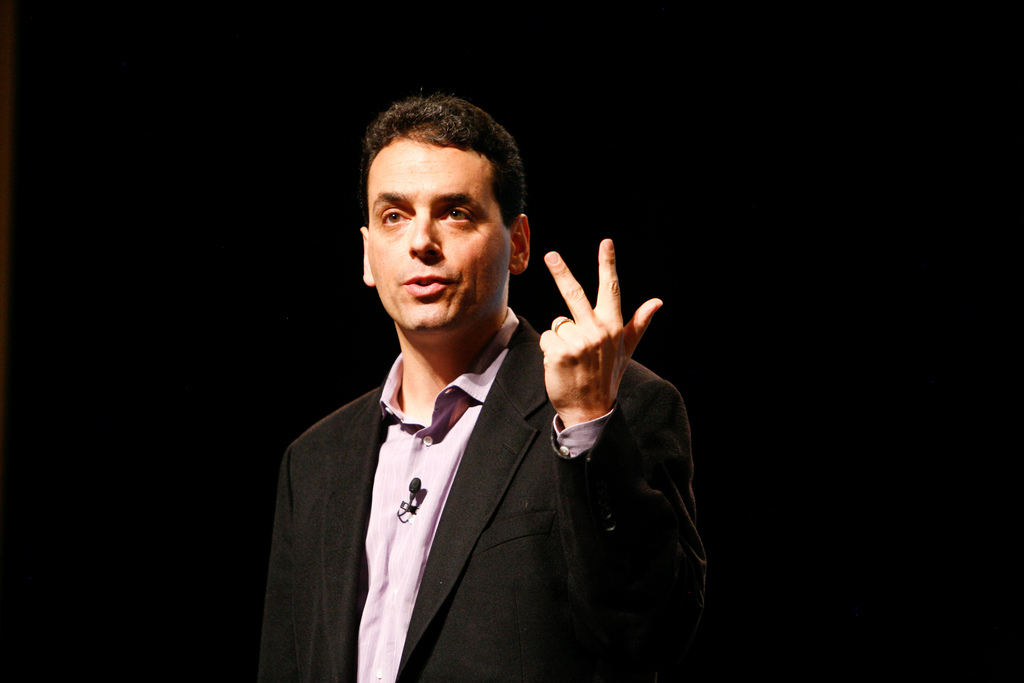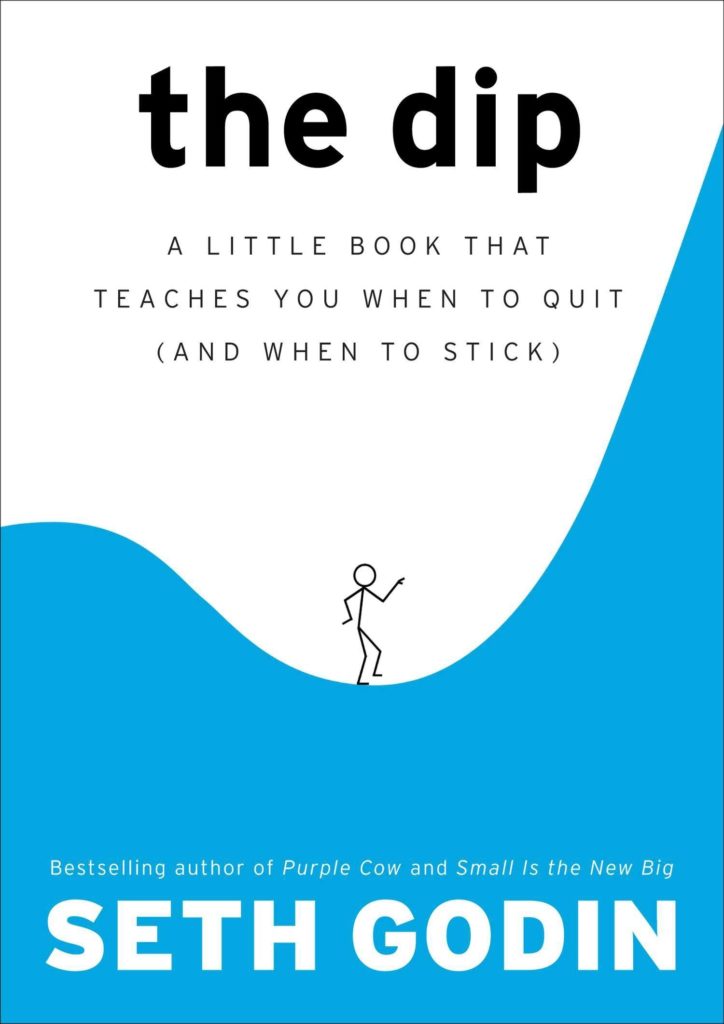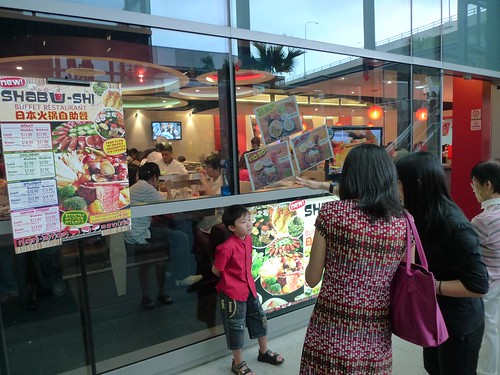
One of my family’s favourite tradition every Chinese New Year Eve is to squeeze in with the masses at the Chinatown Night Market. Located along Trengganu, Sago, Smith , Pagoda and Temple Streets, the annual nocturnal bazaar is a celebration of sight, sound, scent, touch and tastes, mingled with hordes of humanity. Organised by the Chinatown Business Association with the support of the Singapore Tourism Board from 14 Jan to 6 Mar, the open air stalls offer all manner of calorific goodies, decor, toys, clothes, souvenirs, and of course, food glorious food.
After reunion dinner at my parent’s place, my wife and I decided to join the festive fray and mill with the crowd. Our aims were to grab some last minute bargain items (since this was usually the last night for people to fill their larders and wardrobes), catch some festive spirit, and just check out what’s popular in the retail scene. The cool night air after many days of non-stop rain made for a pleasant night out.











